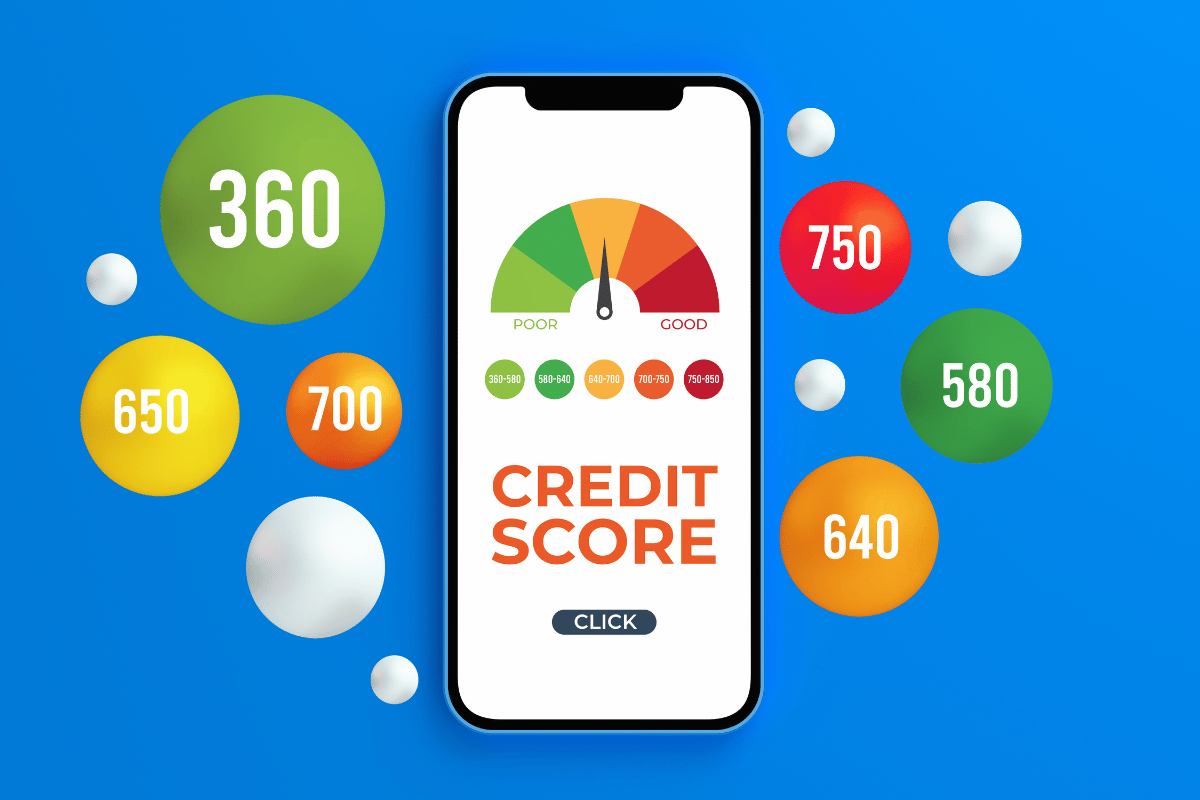In today’s world, creditworthiness is important in determining whether you can get approved for loans, credit cards, and other financial products. Your creditworthiness is evaluated based on various factors, including your credit score and credit report. However, many confuse credit score with CIBIL and use these terms interchangeably. While credit score and CIBIL are unrelated, they are not the same. Understanding the differences between the two and why they matter is essential. This article will discuss the difference between credit score and CIBIL, their importance in the lending industry, and how you can improve your creditworthiness.
What is CIBIL?
CIBIL (Credit Information Bureau India Limited) is a credit bureau that collects and maintains the credit information of individuals and companies. It maintains credit reports containing borrowers’ credit history, including their repayment behavior, credit utilization, and other credit-related information. CIBIL also calculates credit scores based on this information, which lenders use to evaluate the creditworthiness of borrowers.
Differences between Credit Score and CIBIL
Credit scores and CIBIL are not the same things, and they have some key differences. Here are some of the differences:
Scope of information:
A credit score is a three-digit number based on your credit history. CIBIL is a credit bureau that collects and maintains the credit information of individuals and companies. CIBIL’s credit reports contain more detailed information about your credit history, including repayment behavior, credit utilization, and other credit-related information.
Calculation method:
A credit score is calculated based on your credit history, while CIBIL calculates credit scores based on the credit history it maintains in its credit reports. While credit scores from different credit bureaus may vary, CIBIL scores are widely used in India and are considered a standard measure of creditworthiness.
Use:
Credit scores are used by lenders to evaluate your creditworthiness when you apply for a loan or a credit card. CIBIL, on the other hand, is used by lenders to access your credit reports and credit scores to evaluate your creditworthiness.
Why Credit Score and CIBIL Matter?
Credit score and CIBIL matter because lenders use them to evaluate your creditworthiness when you apply for a loan or a credit card. A higher credit score and a good credit report from CIBIL can help you get approved for loans and credit cards at better interest rates and terms. On the other hand, a low credit score or a negative credit report can make it difficult for you to get approved for loans and credit cards or result in higher interest rates and fees.
How to Improve Your Credit Score and CIBIL Report?
If you have a low credit score or a negative credit report, there are steps you can take to improve your creditworthiness. Here are some tips:
Pay your bills on time:
Late payments can negatively impact your credit score and report. Pay your bills on time to avoid late payment fees and negative marks on your credit report.
Keep your credit utilization low:
Credit utilization is the amount of credit you use compared to your credit limit. High credit utilization can negatively impact your credit score and credit report. Try to keep your credit utilization below 30% of your credit limit.
Monitor your credit report:
Check your credit report regularly to make sure there are no errors or fraudulent activity. Dispute any errors you find to have them corrected.
Build a positive credit history:
Build a positive credit history by using credit responsibly, such as making timely payments and keeping your credit utilization low. This will help you establish a good credit score and credit report over time.
Avoid opening too many accounts at once:
Opening too many accounts at once can negatively impact your credit score and credit report. This can indicate that you are taking on too much debt or in financial distress.
Conclusion
Understanding the differences between credit scores and CIBIL and why they matter is essential. A credit score is a three-digit number representing your creditworthiness, while CIBIL is a credit bureau that collects and maintains the credit information of individuals and companies. A higher credit score and a positive credit report from CIBIL can help you get approved for loans and credit cards at better interest rates and terms. Therefore, it is crucial to improve your creditworthiness, such as paying your bills on time, keeping your credit utilization low, monitoring your credit report, building a positive credit history, and avoiding opening too many accounts at once. By doing so, you can establish a good credit score and credit report, which can help you achieve your financial goals and lead a financially stable life.

